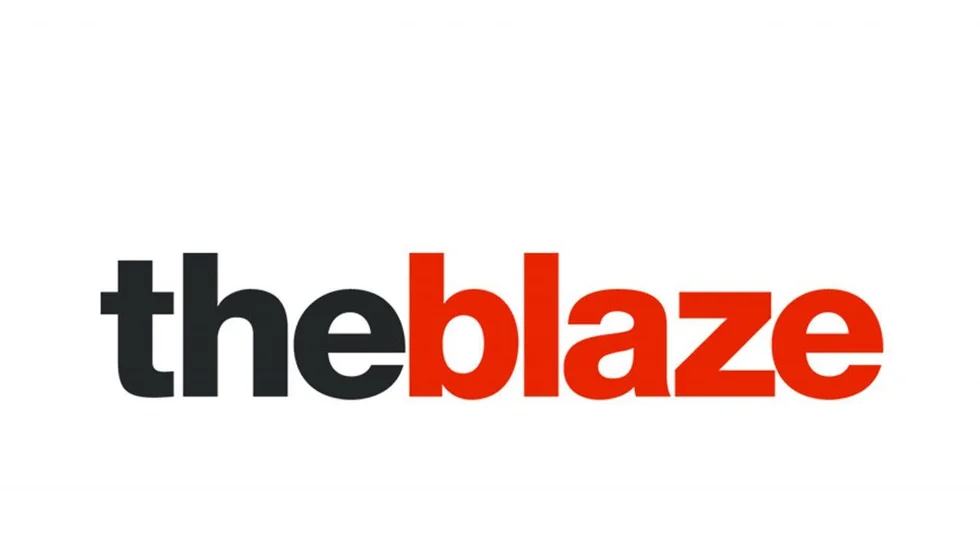
Image source: TheBlaze

Children aren't allowed to use the term "best friend" at a Massachusetts school Pentucket Workshop Preschool because it supposedly doesn't foster an air of inclusivity.
It all started when a 4-year-old female pupil came home and reportedly told her parent that she couldn't have a best friend.
The child told her mom that best friends weren't allowed at the school because it would make other children feel excluded.
"How do you police a 4-year-old from expressing their feelings?" the parent, Christine Hartwell, asked WFXT-TV. "It's outrageous, it's silly [and] it hurts."
According to the school's website, the school admits children from just 2 years, 9 months through 5 years old.
"When I asked her what was wrong she said she was really sad about what her teacher did that day," Hartwell added.
Hartwell said while the school does not specifically dictate such a policy in their handbook, she received a letter from the school's director.
An excerpt from the letter, according to WFXT, said, "It has been our experience (which spans decades) that the use of the term 'best friend,' even when used in a loving way, can lead other children to feel excluded [...] which can ultimately lead to the formation of 'cliques' and 'outsiders.'"
Despite Hartwell's displeasure with the policy, the school reportedly plans to continue discouraging children from using the apparently controversial term.
"I want [my daughter] to be able to express her thoughts and feelings in a healthy way, as children should," Hartwell told WFXT, and later told WBZ-TV that the school was muzzling her child's innocent and loving self-expression by deterring her from using the term.
"I think it's ridiculous," she said. "Children who are 4 years old speak from their heart, so they should be able to call kids anything loving — you're my best friend, you're my best pal."
Hartwell told WBZ that she does not plan on sending her child to the school for the remainder of the year, and says that the term "best friend" may be off-limits at school, but not at home.
"Even now she goes to say it in a loving way — 'I'm going to go see my best friend Charlie' or this one or that one — and she looks at me sideways as she's saying it, and she's checking in with me to see if that language is OK," Hartwell added.
This isn't the first time we've heard of something like this, even this year.
The movement to ban "best friends" from school has been gaining momentum over the last year or so, according to a February report.
The push for in-school inclusivity hit headlines in 2017 after the UK's Prince William and his wife, Kate Middleton, enrolled their son Prince George in a South London school that subscribed to the same belief that using the term "best friend" would be opposite of inclusive, and, as a result, encouraged children to use different verbiage.
Other schools heard about the South London school and hopped aboard, outright banning the term.
According to the report, clinical psychologist Dr. Barbara Greenberg said that the concept is a "very intriguing social experiment."
"I see kids come in all week long who are feeling dreadful because they are excluded and because they are either nobody’s best friend or their best friend has moved on," Greenberg said. "Let’s face it, you can’t ban somebody from having a close relationship, and you can’t really ban somebody from having a best friend, but what the schools are trying to do is foster the idea of kids having more than a single friend."
Sarah Taylor
Sarah is a former staff writer for TheBlaze, and a former managing editor and producer at TMZ. She resides in Delaware with her family. You can reach her via Twitter at @thesarahdtaylor.